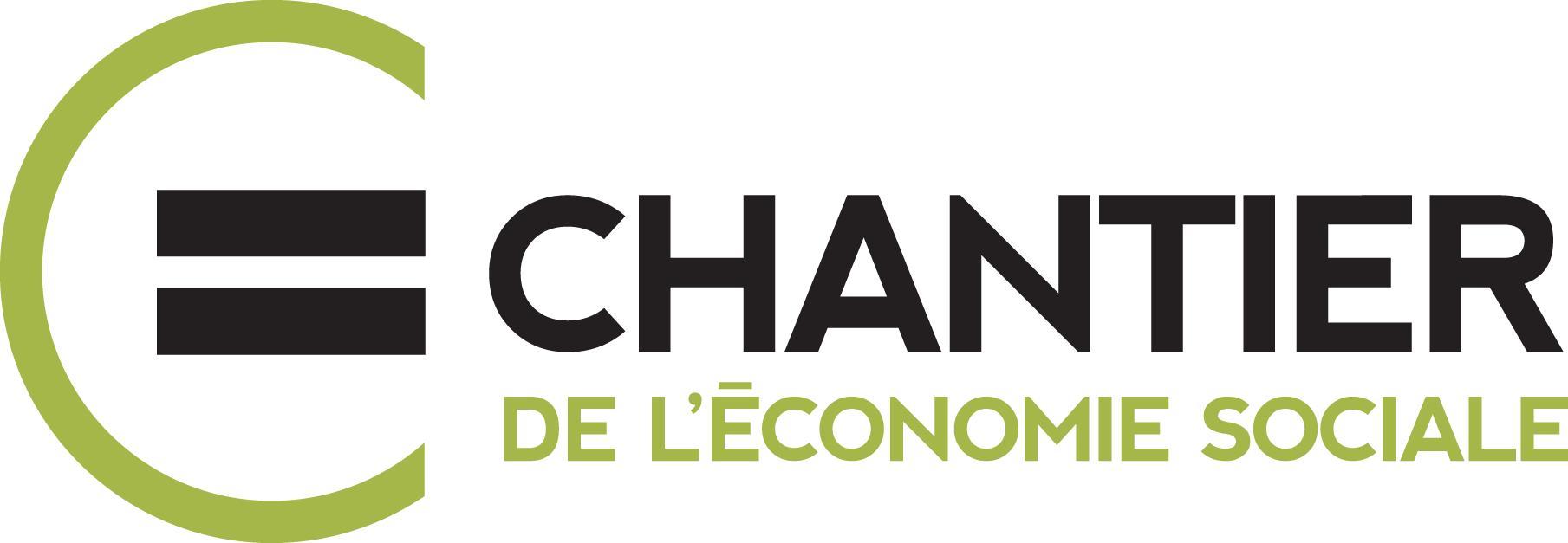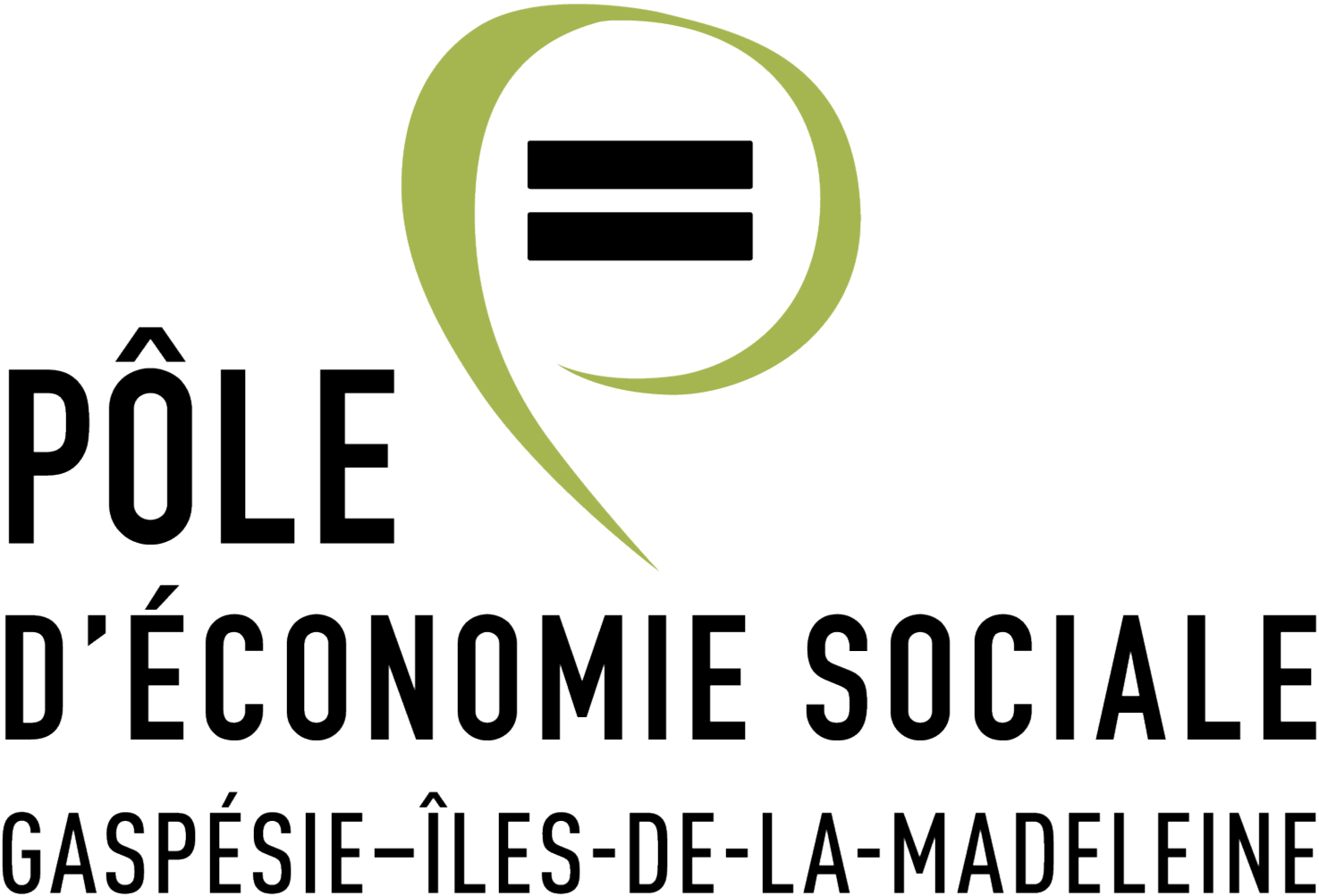Inspiration for Social Economy Month – November 2023
by Hugh Maynard
The conversion of the thrift shop in New Carlisle, Québec, from a community service into a social enterprise has given new life to an essential component in the community’s daily life.
The thrift shop had been operated by the Catholic Church as a community service for 30 years but had gradually reduced hours as staff and volunteers retired after many years of service. It was at risk of running out of manpower and energy despite being well used and serving an essential purpose. Losing the thrift shop would have been a blow not only for New Carlisle but also the surrounding communities that rely on it as well.
As is often the case in such situations, the community came together to discuss solutions. With information on the opportunities for starting a social enterprise provided by SEEnet, it was decided that the Committee for Anglophone Social Action (CASA), a community development organization for the English-speaking community in the region and RDN member organization, would take the lead in figuring out a social enterprise solution.
“We received a project through the MRC Bonaventure to hire a coordinator so that we can provide more support for the volunteers leading the initiative,” said Allen Richards, CASA executive director. “As we transition to a nonprofit social enterprise model, we’re looking to refresh the operations with new ideas.”
The first new idea was to set up a “take one, leave one” book service. Already a popular offering in addition to the traditional clothing and small household items sold through the shop, there’s more to come.
“Once we’ve completed the process of working with stakeholders to set up governance and determine a business model,” said Richards, “then we’ll start looking at expanding to handle furniture and bigger items as an eco-recycling service.”
Partnerships will be an important part of refurbishing the thrift shop, Friperie Hidden Treasures / Trésors cachés, as a social enterprise. The Coopérative de développement régional du Québec (CDRQ) is providing consulting services to set up the governance, business model, and financing. Family Ties, a maison de famille in New Carlisle, will look at moving over their “trading post” for used goods, and discussions are underway to collaborate with other similar services in neighbouring communities. Another possibility is to work with the local adult education and employment skills programs to offer training and work experience for youth.
“It’s a community process so it’s important to have stakeholders involved in every decision for the social enterprise, even to choose the name,” concluded Richards.
What Is a Thrift Shop?
A thrift shop, commonly known as a “friperie” in Québec, is a retail establishment where secondhand or used goods are sold, typically at lower prices than their original retail value. These shops often carry a wide variety of items, including clothing, furniture, household goods, books, electronics, and more. The items found in thrift shops are usually donated or consigned by individuals or organizations, and there is often an emphasis on recycling and reusing items in alignment with sustainable and eco-friendly practices. They play an essential role in reducing waste by giving used items a second life and offering affordable options for shoppers. While thrift shops are commonly operated by individuals as small businesses, they are increasingly being operated as nonprofit organizations or social enterprises, using the proceeds to support charitable causes, community programs, or other social initiatives. This allows them to both offer value to local communities as well as to act as vehicles for social and environmental impact.



